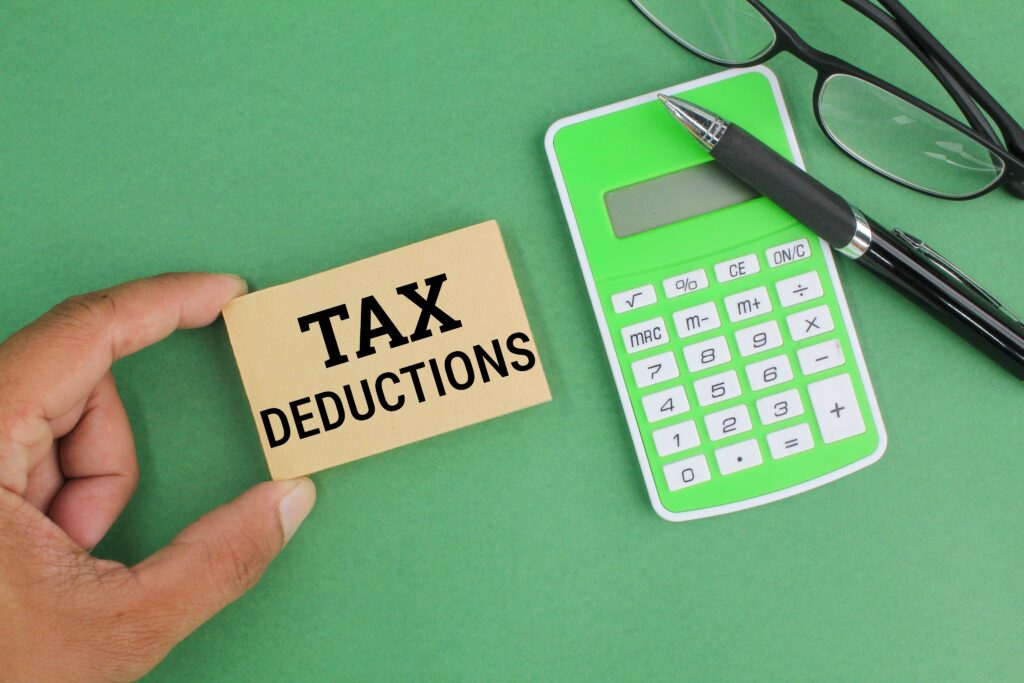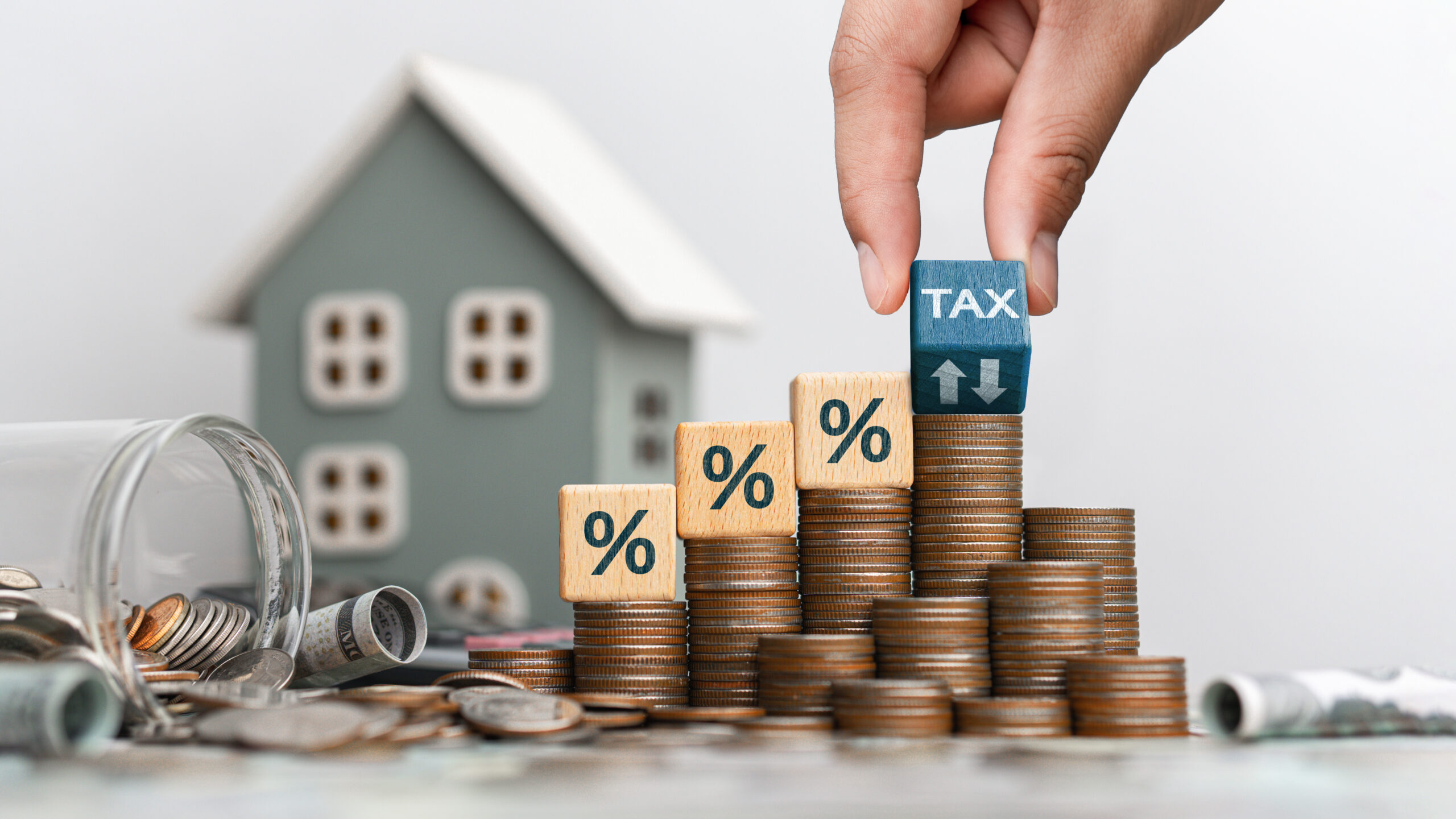Renting out property can be lucrative in Canada, but it comes with tax responsibilities. Understanding how rental income is taxed in Canada is crucial for landlords to optimize their returns and avoid unexpected liabilities.
This comprehensive guide will help you navigate the tax landscape associated with rental income, including the marginal tax rates, eligible deductions, capital gains implications, and the tax considerations of converting a principal residence into a rental property.
Understanding How Rental Income is Taxed in Canada
In Canada, rental income is added to your other sources of income and taxed at your marginal tax rate. Essentially, your rental income is treated like ordinary income, similar to wages or salaries. This means the more you earn, the higher the tax rate you’ll pay on your rental income.
Your rental income is calculated as the gross rental income received minus allowable expenses incurred to earn that income. It’s essential to keep meticulous records of all income and expenses to ensure accurate tax reporting and to maximize potential deductions.
Marginal Tax Rates
The tax on rental income in Canada is assessed using the same marginal tax rates applicable to your total income. As of the latest guidelines, federal tax rates range from 15% to 33%, depending on your income bracket. Provincial tax rates vary, adding a layer of complexity. For instance, Alberta has a flat tax rate, while other provinces like Ontario have progressive rates.
Essential Deductions for Rental Income

One of the benefits of earning rental income is the ability to deduct certain expenses, which can substantially reduce your taxable income. Understanding these deductions is critical to efficient tax planning:
Property Taxes and Utilities: If you’re responsible for paying the property taxes and utilities (like water, electricity, and gas) for your rental property, these expenses are deductible.
Insurance Premiums: You can deduct the insurance cost for your rental property. If the insurance was prepaid for multiple years, only the portion that applies to the current tax year can be claimed.
Repairs and Maintenance: Routine repairs and maintenance costs can be deducted. However, if the expense significantly improves the property beyond its original state, it may be considered a capital expenditure rather than a current expense.
Advertising: Costs associated with advertising your rental property to find new tenants, whether through online platforms or traditional media, are deductible.
Professional Fees: You can deduct legal and accounting fees related to managing your rental property. This includes costs for preparing leases and collecting overdue rents.
Property Management Fees: If you hire a property management company, their fees are deductible.
Interest and Bank Charges: The interest on loans or mortgages used to purchase or improve your rental property is deductible.
Capital Cost Allowance (CCA)
The CCA allows you to deduct the cost of depreciable property, such as buildings and furniture, over several years. The amount you can claim depends on the property type and is designed to reflect the asset’s depreciation over time. Notably, while you can claim CCA to reduce taxable rental income, you cannot use it to create or increase a rental loss.
Converting a Principal Residence to a Rental Property
Converting a principal residence into a rental property triggers a deemed disposition, meaning it is considered sold at its fair market value for tax purposes. This can result in a capital gain, which is taxable. However, you can defer paying taxes on this gain by electing to defer the deemed disposition, allowing you to continue designating the property as your principal residence for up to four more years, even if it is rented out.
To make this election, you must file a letter with your tax return declaring your intent under section 45(2) of the Income Tax Act. This election is beneficial, but it also means you cannot claim capital cost allowance on the property while it is rented out under this election.
Converting a Rental Property to a Principal Residence
Conversely, similar tax rules apply if you decide to convert your rental property back into a principal residence. You may elect to defer the recognition of the capital gain until the property is sold. This is under section 45(3) of the Income Tax Act, which allows you to defer the gain and potentially designate the property as your principal residence for up to four years before occupying it as your home.
Capital Gains Implications
When you eventually sell a rental property, any increase in value from the time of purchase to the time of sale is considered a capital gain. In Canada, 50% of the capital gain is taxable. If you have claimed CCA over the years, you may also face a recapture of CCA, which is fully taxable.
Tax Planning Strategies
Record Keeping: Maintain thorough records of all rental income and related expenses. This is crucial for both tax reporting and in case of CRA audits.
Tax-Deferral Strategies: Consider the implications of electing to defer capital gains when changing the use of a property. Consult with a tax professional to evaluate the best approach for your situation.
Incorporation Considerations: While incorporating rental properties can offer liability protection, it often results in higher overall tax burdens due to passive income taxation. Evaluate this decision carefully with professional advice.
Professional Consultation: Tax regulations can be complex and subject to change. Regularly consult with an accountant or tax advisor to ensure compliance and optimization of your tax situation.
Conclusion
Understanding how rental income is taxed in Canada is vital for landlords seeking to maximize profits and comply with tax obligations. Canadian landlords can effectively manage their rental properties’ tax burdens by leveraging available deductions, understanding capital gains implications, and using strategic tax planning. Always consult a tax professional to tailor strategies to your circumstances and stay updated on the latest tax guidelines.
FAQ
How is rental property income taxed in Canada?
The tax rate on rental income in Canada is the same as your marginal tax rate (the tax rate you pay on your next dollar of income), since your net rental income would be in addition to your other sources of income (such as your salary, business income and investment income).
How to reduce rental income tax in Canada?
Rental expenses you can deduct
advertising.
insurance.
interest and bank charges.
office expenses.
professional fees (includes legal and accounting fees)
management and administration fees.
repairs and maintenance.
salaries, wages, and benefits (including employer’s contributions)
Do renters pay property taxes in Canada?
Ordinarily tenants just pay rent to the landlord, and that includes the property tax.
Can I claim my rent on my taxes in Canada?
First, some provinces offer benefits that take into account your rent paid. There are three provinces that offer tax benefits or credits that you can claim your rent within: Ontario, Manitoba, and Quebec. Second, self-employed individuals may be able to claim rent paid on their taxes if they meet certain criteria.
What is the penalty for not reporting rental income in Canada?
The consequences of not reporting rental income can be significant, including: Penalties: The CRA can impose penalties of up to 50% of the understated tax and/or the overstated credits related to the unreported income.
Is rental income considered self-employment in Canada?
All rental income from property is reported on a calendar year basis. personal income tax return filing due date is April 30th. To input rental income in the Canadian Tax and RRSP Savings Calculator, include rental income from business as self-employment income, and rental income from property as “other income”.
How to report foreign rental income in Canada?
File Statement of Real Estate Rentals with your Individual income tax and benefits return (T1) listing down all the rental income from foreign properties. You are entitled to deductions as provided in the ITA to arrive at the Net Rental Income. Claim foreign tax credits against the taxes paid to foreign countries.
Should I declare rental income Canada?
If you received income from renting real estate or other real property, you have to file a statement of income and expenses. Even though we accept other types of financial statements, we encourage you to use Form T776.




